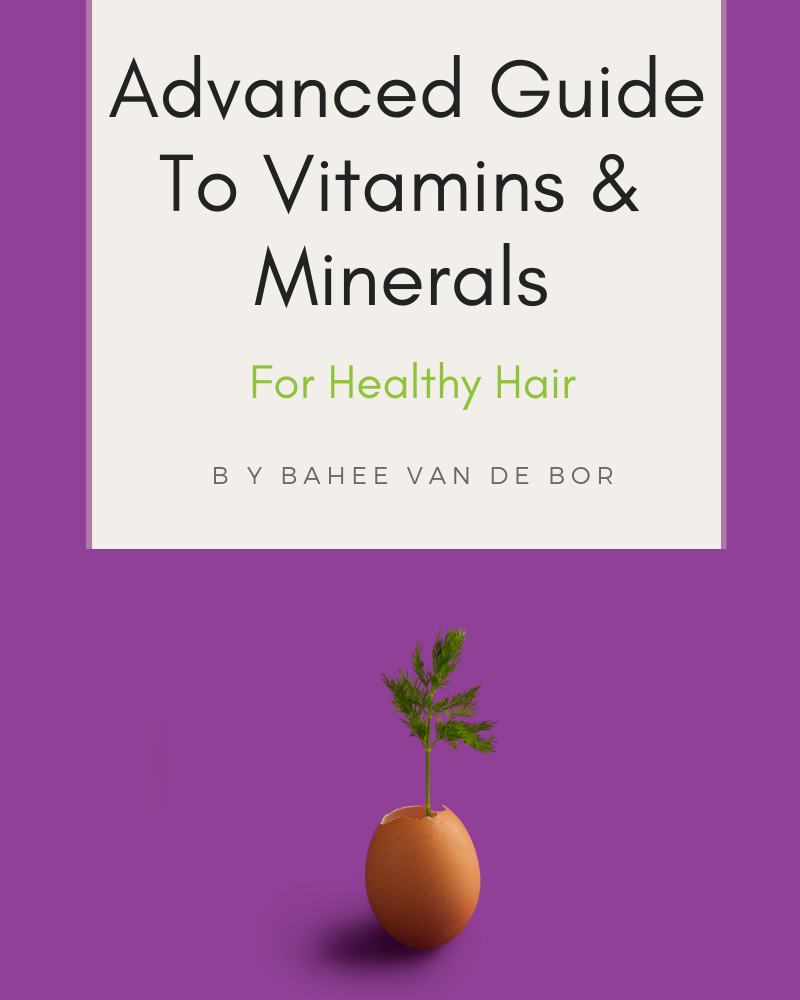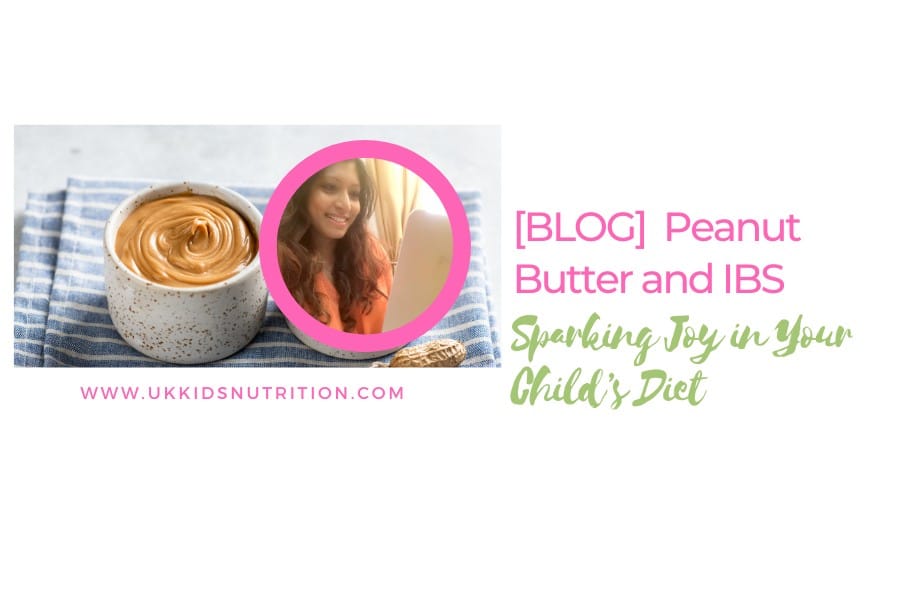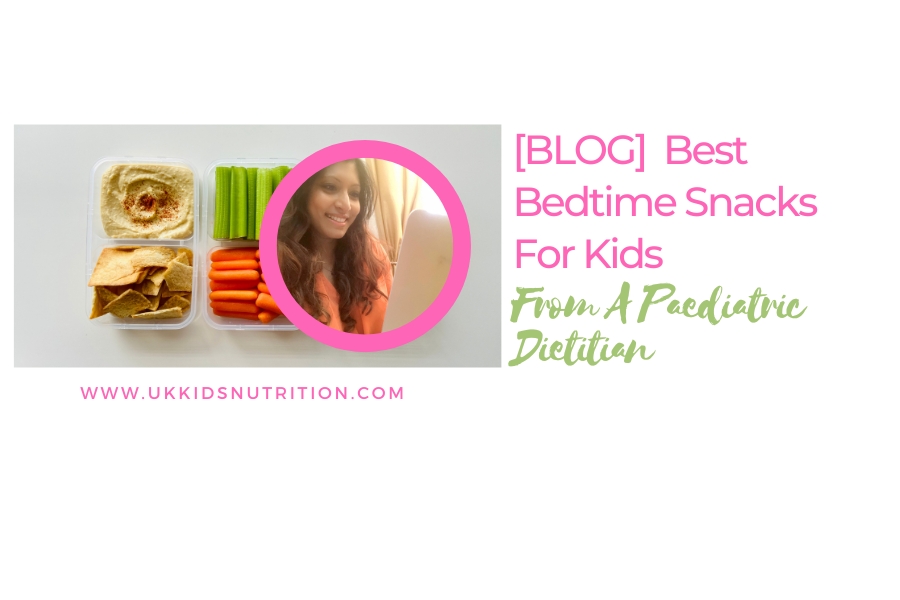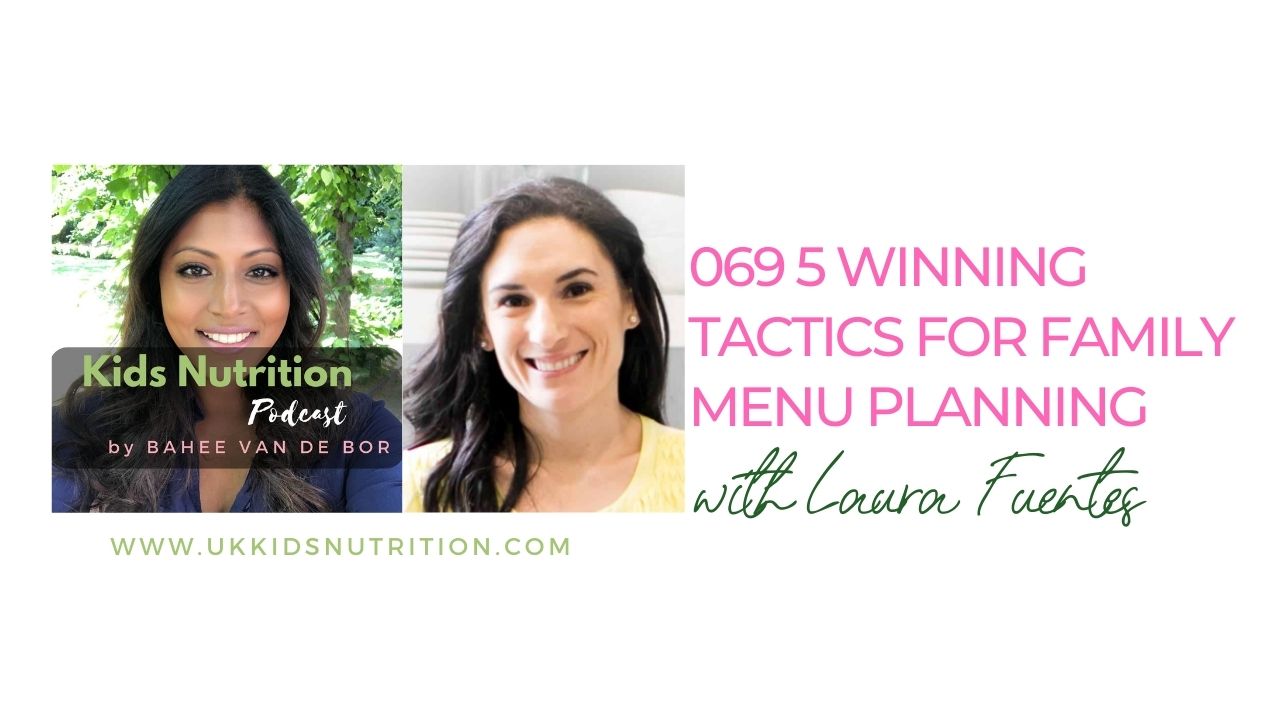Let your teenage children discover the authentic way to glowing hair and skin. Contrary to popular belief, popping vitamin supplements won’t necessarily guarantee hair growth and thickness.
So if you are tired of reading about vitamin supplements for hair that promise magical wonders from specialist ingredients that don’t work, you are probably right to ditch them.
If you worry about your child’s hair health, read the following hair growth tips for all-year-round expert advice on vitamins and minerals for healthy hair.
Biotin (vitamin B7)
Biotin is a water-soluble B vitamin that is bound to protein and therefore found in most foods. It is required by the body in very small amounts, making deficiency very rare, particularly as the bacteria in your gut can also make some.
Nevertheless, if your child doesn’t get enough of this crucial vitamin then deficiency can cause hair loss.
Children with a poor intake of protein and eating disorders resulting in protein to energy malnutrition is another group who may experience hair loss. Children, therefore, need adequate intake of both biotin and protein for healthy hair.
How much biotin should children eat?
The amount required is so small that it’s best to focus on encouraging your child to eat a variety of foods. Foods that are particularly high in biotin include organ meats, cooked eggs, fish and meat.
Following a vegan or vegetarian diet? No problem, seeds, nuts and certain vegetables such as sweet potato are also a source.
Worried because your child refuses to eat fruit and vegetables? Then see how to get children to eat vegetables for tips and further advice.
It’s always best to encourage vitamins from food versus a supplement as taking large quantities can be harmful when taken over a long period of time.
Fixing any gaps in your child’s diet is therefore favourable than reaching out for a vitamin and mineral supplement.
Iron
Iron is an unexpectedly important mineral to consider for healthy hair. It’s not surprising that children and adults with hair loss may have an underlying iron deficiency.
There isn’t enough evidence to routinely recommend checking iron levels if children experience hair loss, but if your child’s doctor plans to run any blood tests, you could request iron testing to be considered and added to the list of investigations.
How much iron should children eat?
Animal foods such as meat, chicken, fish and eggs are the main sources of iron that is absorbed efficiently.
If your family follow a vegan or vegetarian diet, then build family meals around dark greens, lentils, pulses, nuts, seeds and tofu. Pair plant sources of iron foods with vitamin C rich fruit and vegetables to help children’s bodies absorb the plant iron (non-haem iron).
For a full explanation of iron, see ‘Five Perfect Iron Rich Plant Foods‘ for further information.
Zinc
An advanced guide to vitamins and minerals for healthy hair wouldn’t be complete without mentioning zinc.
Zinc supports the immune system, aids wound healing and play a role in maintaining healthy hair. If your adolescent child is complaining of hair loss, then do ask your family doctor to check for zinc deficiency.
How much zinc should children eat?
Zinc is usually found alongside iron-rich foods. Think meat, chicken, fish, seafood, eggs, nuts and seeds, peas and lentils. Fortified breakfast cereals, as well as wheat germ, all-bran, shredded wheat and oatcakes, are other sources.
Nuts are brilliant for snacking and don’t forget that sunflower and sesame seeds can be ground then sprinkled over breakfast cereals and stir-fries for an additional boost in zinc.
If your family doctor prescribes zinc supplements, make sure that your child’s levels are monitored regularly to avoid high blood levels of this mineral.
Work with your specialist paediatric dietitian to find out how you can optimise your child’s diet further for zinc.
Boron, Selenium and Vitamin A supplements
In this guide to vitamins and minerals for healthy hair, I recommend exercising caution when supplementing your child’s diet using vitamin and mineral supplements.
If your child eats a wide range of food and does not have any diagnosed vitamin and mineral deficiencies, chances are your child probably will not need a supplement.
Be careful as overdoing vitamin and mineral supplements can lead to excessive intake of nutrients such as boron, selenium and vitamin A.
Vitamin A is also a fat-soluble vitamin, so unlike water-soluble B and C vitamins, any excess intake that is not required by the body cannot be excreted by the kidneys or in stools.
Why does it matter? Accumulation of vitamin A, selenium and boron can manifest as hair loss, the very thing that you are trying to avoid.
As a rule of thumb, if you are aiming for healthy hair, encourage children to eat a variety of foods. This beats relying on supplements to meet their daily requirements of vitamins and minerals for healthy hair.
If you need recipe inspiration, head over to the recipes section where you will find many of the above hair-loving vitamins incorporated into family recipes.
Antioxidants and other nutrients
It’s easy to get swept up in the urgency of correcting any hair loss but just know that there isn’t any proven science that antioxidants, essential fatty acids, niacin, vitamin D and E supplements can help fix the problem.
Focus on encouraging your child to eat a wide variety of foods. Obviously true nutrient blood deficiencies should be corrected quickly using a combination of diet manipulation and supplements under medical supervision.
Bottomline
In this guide to vitamins and minerals for healthy hair, I recommend including protein foods at every meal to maximise opportunities for children to eat the three essential hair nutrients (biotin, iron and zinc).
If your child eats a variety of foods, then skip the vitamin counter. They probably won’t need a vitamin and mineral supplement.
Unless your child eats livers daily, vitamin A toxicity is rare. Nevertheless, do consider whether over the counter vitamin and mineral pills are necessary. Could children meet their requirements for essential nutrients from food instead?
For further tips, head over to my expert comments on ‘How To Eat Your Way To Healthy Hair, As Told By Experts‘.
Let Me Help
Would you like to meet a children’s dietitian who has successfully helped families solve their nutrition problems from around the world?
No matter what you are worried about, I’ll help you manage these with confidence.
Bahee Van de Bor
Specialist Paediatric Dietitian




2 thoughts on “Advanced Guide To Vitamins and Minerals For Healthy Hair”
Thank you! I love when people promote getting what they need thru proper nutrition. Vitamins are synthetic, and unnecessary.
Thanks, Gina, glad you found the blog post useful. It certainly is a more tasty way to get in those vitamins and minerals too.